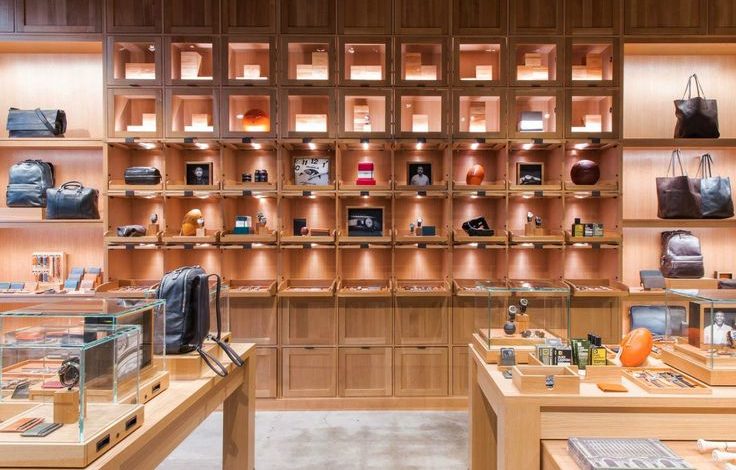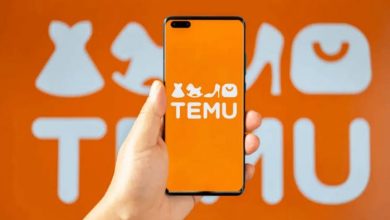What Makes a Brand Luxury: Beyond Saying It
Why true luxury goes beyond price tags, bold claims, and Instagram aesthetics.

What makes a brand luxury? It’s a question many of us ask when walking past boutiques and adverts, especially in Nigeria, where almost every brand seems to claim the title “luxury”. You’ll hear: “We are a luxury brand”, “Luxury service here”, “Luxury product for you”. Yet often these claims rest on little more than the founder’s declaration.
In this article we’ll explore what makes a brand luxury in a meaningful way. Then we’ll unpack the key characteristics that differentiate real luxury from mere premium or aspirational branding.
The Nigerian Reality: “Every brand’s Luxury”
In Nigeria today you’ll find plenty of brands proclaiming luxury status. Some have the price tags; many simply adopt the word because luxury sounds prestigious. But if you look closer, you’ll notice something missing: the heritage, the rarity, the craftsmanship, the aura of exclusivity.
When a brand claims “luxury” because the owner said so, or because the product is simply more expensive than competitors, we risk diluting the meaning of luxury. If everyone is luxury, then luxury means nothing special. True luxury doesn’t just say “luxury brand” on the label. It behaves, feels and is recognised as such. It builds an identity that justifies the term.
Defining Luxury Branding
So, what makes a brand luxury? According to luxury‐brand experts, luxury brands sit at the very top of their market. They offer exceptional quality, personalised experiences, and exclusivity.
They are not merely premium or “better than average.” They create a category of their own, one that commands a premium not just because of cost, but because of meaning.
In simpler words: a luxury brand is more than a product or service, it is a promise of value, status, craftsmanship, identity and emotion. It’s not just about what you buy, but how you feel, who you become, and what you belong to.
What Makes a Brand Luxury: Key Characteristics
Here are some of the essential features that differentiate a true luxury brand. These are the building blocks you’ll find consistently across global luxury houses and which Nigerian brands claiming “luxury” should ask themselves whether they truly possess.
1.Exceptional Quality & Craftsmanship
From the materials used, to the attention to detail, to the finishing, luxury brands insist on excellence. For instance: “Luxury brands are synonymous with quality…Their products are made with the finest materials and attention to detail.
It means the product is not purely functional, but imbued with artistry and human skill.
In Nigeria, it might mean local brands invest in superior materials, rigorous quality control, and craftsmanship not simply raise prices and claim luxury.
2.Heritage, Story & Identity
Luxury brands often have a rich heritage: a founding story, traditions, provenance.
Or if newer, they craft a powerful narrative and brand identity that resonates emotionally. A story that can’t be duplicated.
This asks: what is your origin? What values do you embody? What story does your brand tell that is unique
3.Exclusivity & Scarcity
Luxury loses meaning when it becomes everywhere. Therefore, limited availability, restricted distribution, elevated price, unique editions: these create desirability.
As anonymous put it this way:
“Luxury is part substance and part perception… The substantive part is demonstrating a difference in quality… The other part has to do with perception and positioning.”
If a brand says “luxury” but every street corner in Ilorin carries five of its outlets, the exclusivity begins to fade.
4.Status, Symbolism & Badge Value
Luxury brands don’t just fulfil needs, they fulfil desires. They symbolise success, identity, belonging. They offer “badge value”.
A customer acquires not only a product, but the image, recognition, and aspiration it conveys.
5. Controlled Brand Experience & Distribution
True luxury brands carefully manage how and where they are seen and sold. Quality of environment, service, exclusivity of the sales channel matter.
Online or offline, the touchpoints must preserve prestige not the other way round. This means that Nigerian brands must ensure store ambiance, customer service, packaging, messaging, all speak luxury not mid-market.
6.Timelessness & Innovation
Luxury brands often combine tradition and innovation. They are not purely trend-driven, but they evolve while retaining identity.
They resist the fast fashion model and instead aim for lasting relevance.
7.Price That Reflects Value, Not Just Cost
High price alone doesn’t make luxury but a luxury brand must justify that high price through the other characteristics.
If the brand is overpriced but does not deliver craftsmanship, exclusivity, identity, then it’s simply expensive, not luxury.
Conclusion
So when you ask what makes a brand luxury, you realise it’s not enough for a brand to claim luxury. It must earn it through quality, story, identity, exclusivity, experience and price justified by value.
For brand-owners and consumers alike: ask, investigate, measure. Does the brand deliver? Is the experience elevated? Is the feeling distinct? If the answer is yes, then you’re looking at a luxury brand. If not, you might just be looking at a premium price.




